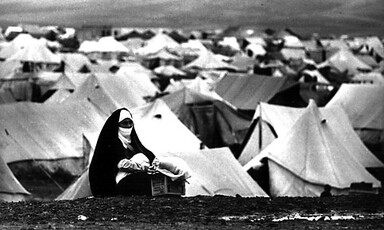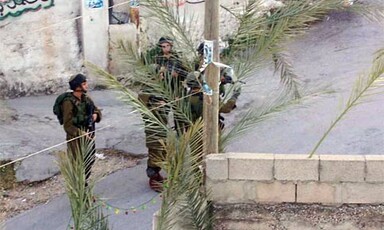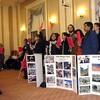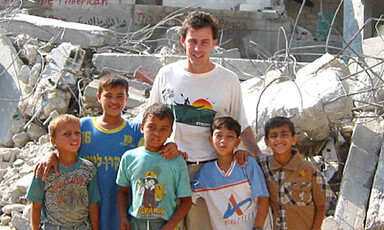
Look for a future Palestine in the past
3 February 2005
Six decades ago, my family celebrated Christmas in its Jerusalem home, as did the families of other Palestinian Christians in Bethlehem, Nazareth and throughout the Holy Land. Then, in 1948, Palestinian society was destroyed. More than 700,000 Palestinians — many, like us, Christians, but even more Muslims — fled or were forced into exile by Israeli troops. That is the history of the establishment of Israel that is often forgotten in the United States — but is stubbornly remembered by Palestinians. Why do Palestinians who lost their homes, and who have been barred by Israel from returning ever since, remember their pre-exile lives with such enduring intensity? George Bisharat offers an answer. Read more about Look for a future Palestine in the past








